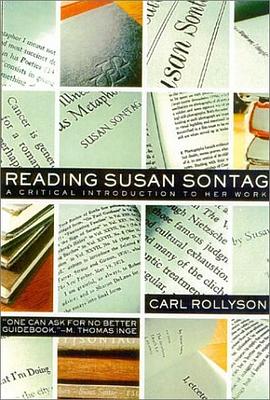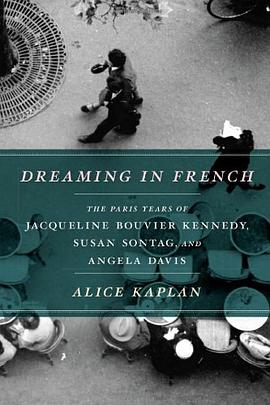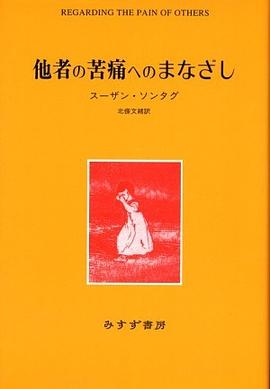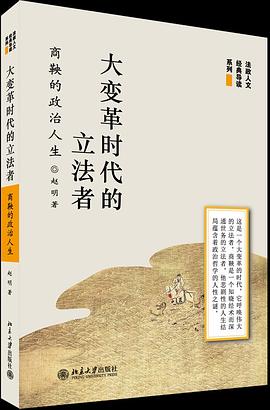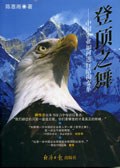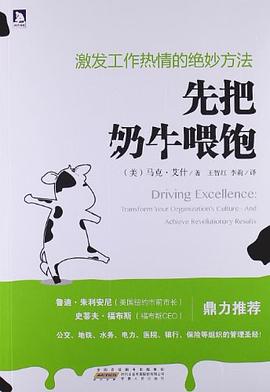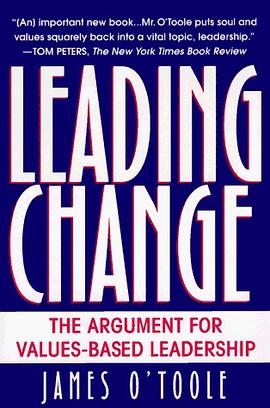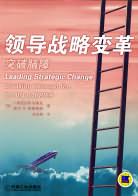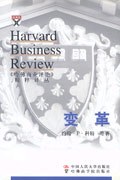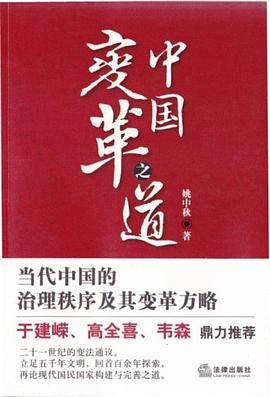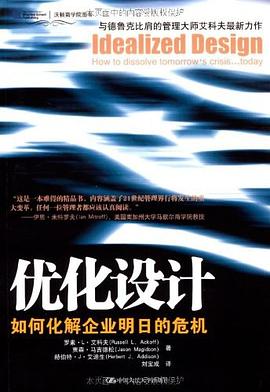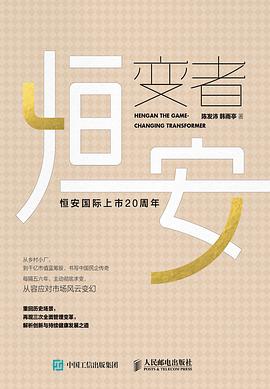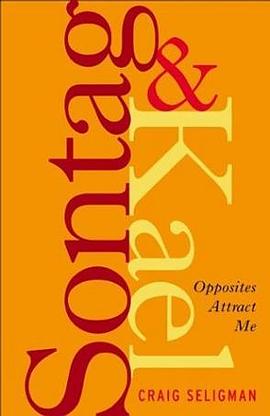

具體描述
For fans of high culture, pop culture and American genius, a personal and idiosyncratic exploration of two of the 20th century's most distinguished cultural icons.
With wit and style worthy of his subjects, Craig Seligman explores the enduring influence of two critics who defined the cultural sensibilities of a generation: Susan Sontag and Pauline Kael. Though outwardly they had several things in common--they were both Westerners who came east, both schooled in philosophy, both secular Jews, and both single mothers--they were polar opposites in temperament and approach. From the very beginning Seligman makes his sympathies clear: Sontag is a writer he reveres; but Kael is a writer he loves.
He approaches both critics through their work, whose fundamental parallels serve to sharpen their differences. Tone is the most obvious area where they're at odds. Kael practiced a kind of verbal jazz, exuberant, excessive, intimate, emotional, and funny. Sontag is formal and a little icy--a model of detachment. Kael never changed her approach from her first review to her last, while mutability has been one of the defining motifs of Sontag's career. Moral questions obsess Sontag; they interested Kael but didn't trouble her. Then there's the matter of self-revelation. Under Sontag's aloofness smolders an impulse toward autobiography so strong that it isn't an exaggeration to call it confessional. Kael seems to be terribly intimate and forthcoming, and yet she turns out, when you peer closely, to be surprisingly guarded.
But the question that Seligman keeps coming back to is: Can criticism be art? In seeking to answer it, he performs an unusual and remarkable feat: he has produced a nuanced, luminously written examination that stands as an answer in itself.
著者簡介
圖書目錄
讀後感
評分
評分
評分
評分
用戶評價
相關圖書
本站所有內容均為互聯網搜索引擎提供的公開搜索信息,本站不存儲任何數據與內容,任何內容與數據均與本站無關,如有需要請聯繫相關搜索引擎包括但不限於百度,google,bing,sogou 等
© 2025 book.quotespace.org All Rights Reserved. 小美書屋 版权所有

